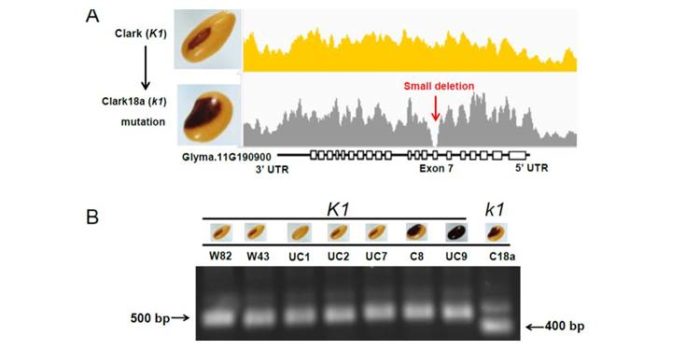
Mutations in Argonaute5 illuminate epistatic interactions of the K1 and I loci ($)
Plant Science Research Weekly, Research0 Comments
/
Classic studies revealed an interesting genetic relationship between two loci that control pigmentation in soybeans seeds. Dominant alleles of the I locus suppress pigmentation through the production of small interfering RNAs that target chalcone synthase RNA (an enzyme involved in pigment production).…
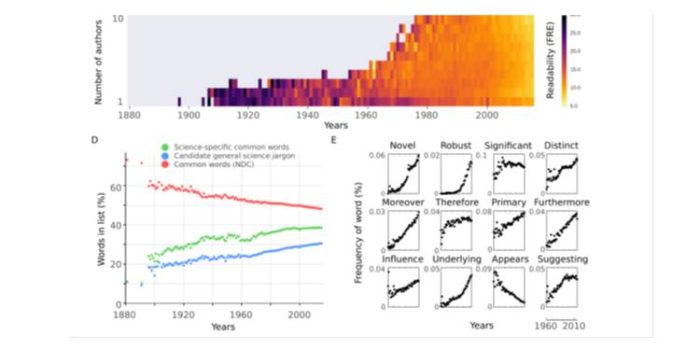
Decreasing readability in scientific papers over time
Education, Plant Science Research Weekly, Research“Reporting science clearly and accurately is a fundamental part of the scientific process, facilitating both the dissemination of knowledge and reproducibility of results.” In this way, Plavén-Sigray et al. introduce us to their preprint in which they analyzed readability in over 700,000 abstracts…
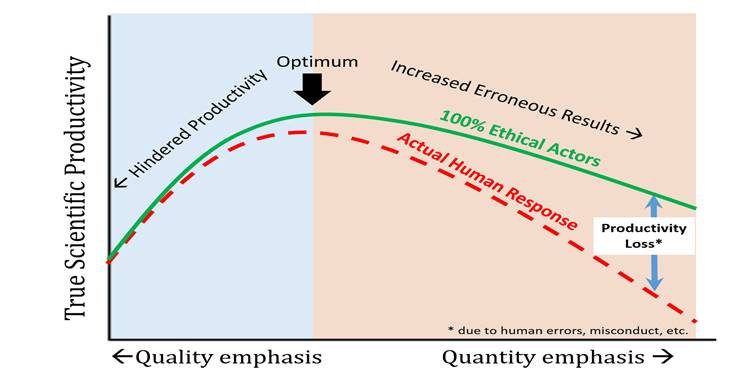
Academic research in the 21st century: Maintaining scientific integrity in a climate of perverse incentives and hypercompetition
Plant Science Research WeeklyIn recent years it has become clear that misconduct in the scientific community is pervasive. In this recent publication by Edwards et al., the authors investigate the potential causes of this problem. Their conclusion is that due to decreased research funding from governments, development of quantitative…
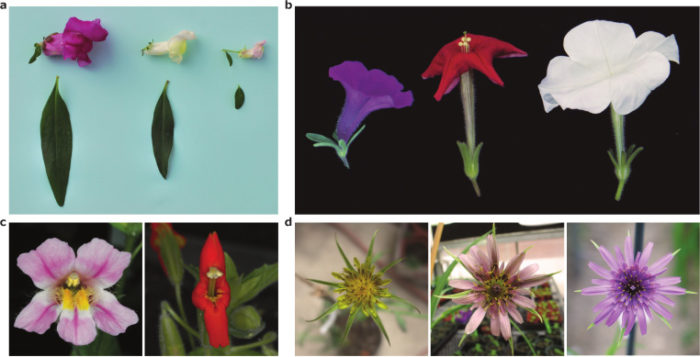
Review: The evo-devo of plant speciation
Plant Science Research Weekly, ResearchSpeciation events result from a combination of molecular, environmental and stochastic (random) factors. Several models developed in the last 150 years help to explain how species emerge, but more recently evolutionary developmental biology (evo-devo) approaches give us tools to decipher plant speciation.…
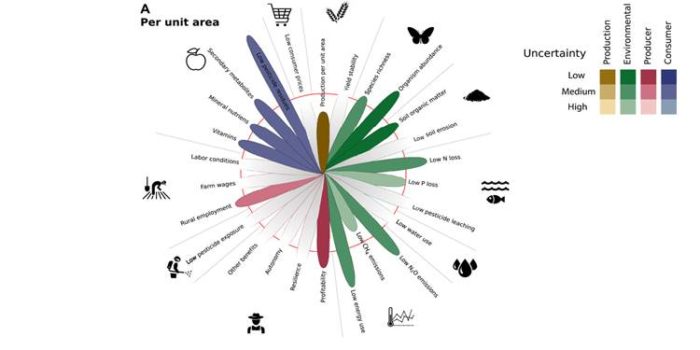
Review: Many shades of gray – The context-dependent performance of organic agriculture
Plant Science Research Weekly, Research“The benefits of organic agriculture are widely debated. Although some promote it as a solution to our sustainable food security challenges, others condemn it as a backward and romanticized version of agriculture that would lead to hunger and environmental devastation.” Seufert and Ramankutty address…
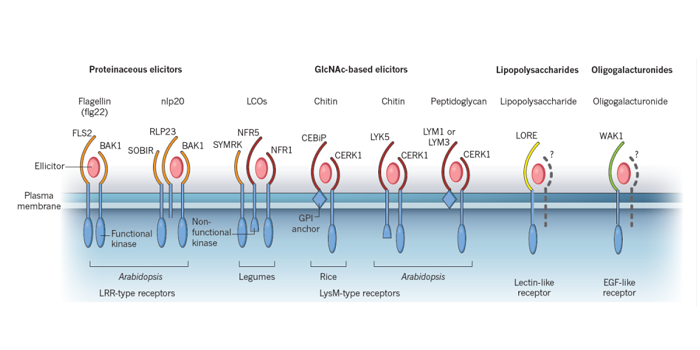
Reviews: Nature Insight: Plants ($)
Plant Science Research Weekly, ResearchNature journal published a special “Plant Insights” section featuring several excellent reviews. Zipfel and Oldroyd review Plant signalling in symbiosis and immunity (10.1038/nature22009), Bevan et al. write about Genomic innovation for crop improvement (10.1038/nature22011), Scheres and van der…
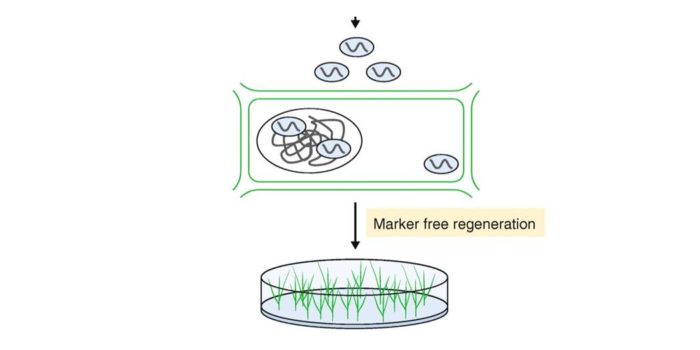
Research Highlight: Knocking out consumer concerns and regulator’s rules with CRISPR/Cas
Plant Science Research Weekly, ResearchWhen is a genome-edited plant a GMO (and subject to GMO-restrictions)? Wolter and Puchta summarize two important papers that show that CRISPR/Cas genome editing can be achieved in wheat and rice without the introduction of foreign DNA (making these plants “not GMO”), by delivering complexes of enzyme…

The Science in Our Food - Jim Carrington
CSVL Research, Curated Webinars / Video Lectures, WebinarsJim speaks on the benefits science has allowed for in the advancements in growing food. He suggests that global changes will create a need for us to leave romantic visions of farming in our past. With exploding population growth and climate change, we are at an important cross roads.
Jim Carrington…

Communication: Antisocial media (Nature Careers)
Careers, Careers - Blog, Writing/Reviewing/Publishing/CommunicatingCommunicating about science (or anything) on social media sites can expose you to rudeness and worse. In this column by Amber Dance from Nature Careers, several high-profile scientists and science communicators share how they avoid and cope with conflicts.
Read more here.

